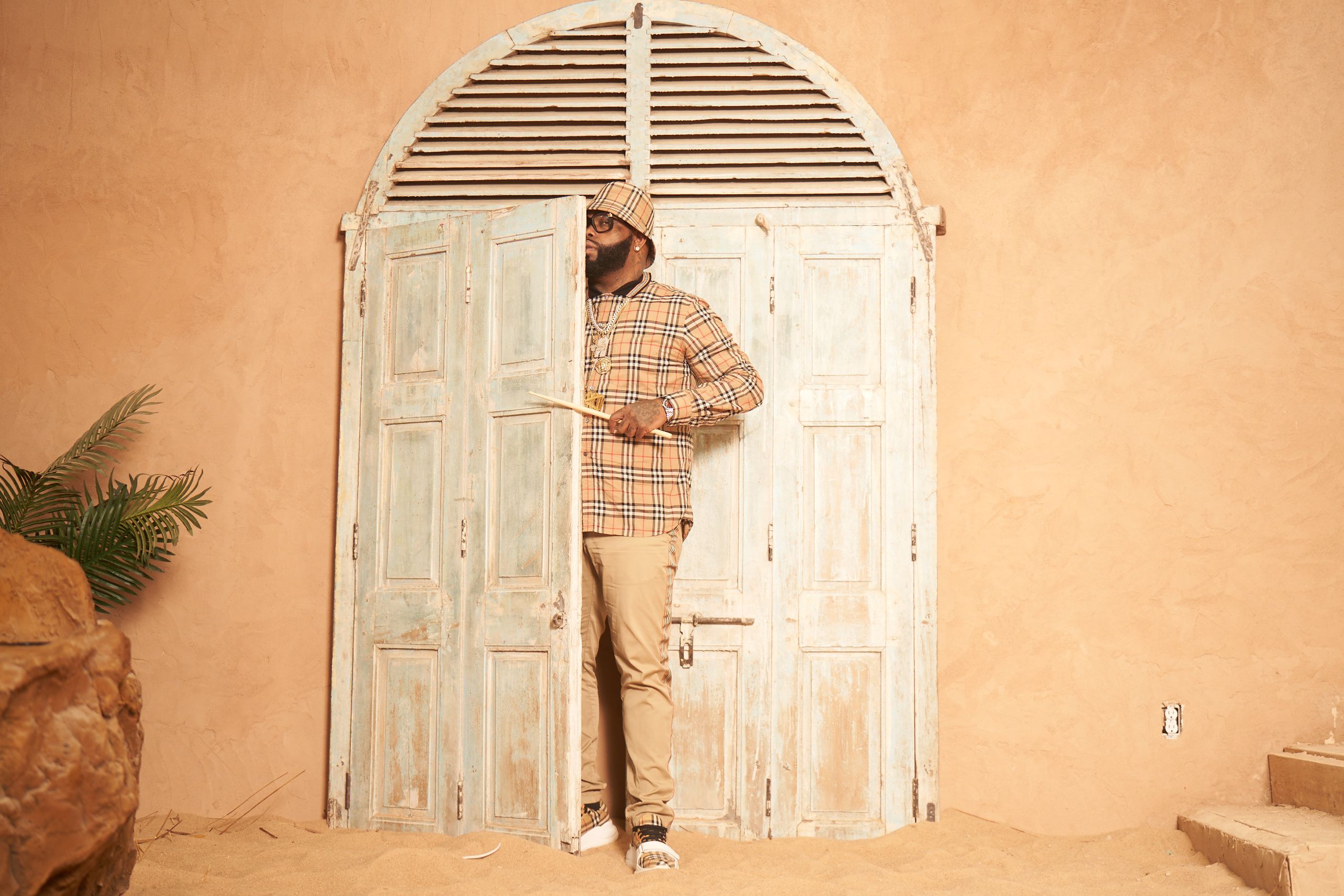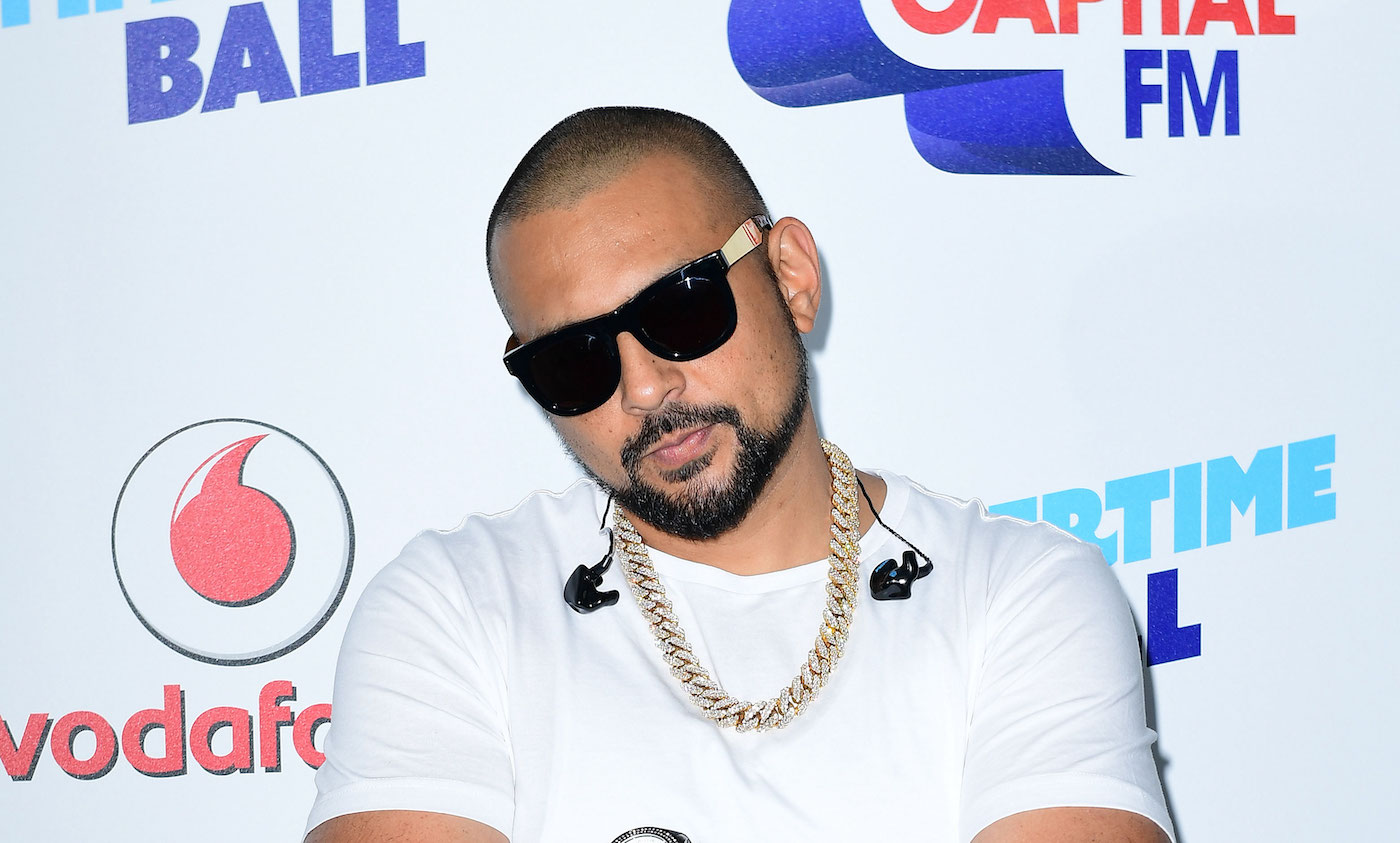Sean Paul is opening up about how his “light skin” might’ve helped his rise in dancehall
The idea that the color of one’s skin can play a major role in the acceptance and overall success of an individual’s artform is a phenomenon that has plagued black people over the last couple of centuries. While the act is not limited to music, that’s where the focus is being turned to, as a few of Jamaica’s most successful entertainers are put under the microscope.
Jamaica is the musical Mecca of the Caribbean and a major music and cultural influence in the world. The former Spanish and British colony has birthed ska, rocksteady, mento, reggae, and dancehall. These genres have all gone on to be duplicated or reworked into other genres such as afrobeat, reggaeton, hip hop, and dubstep, to name a few. The original art forms birthed from the small Caribbean country of just over 3 million have seen their fair share of success.
However, there have been numerous arguments surrounding the fame and acceptance given to a handful of the key performers who have helped move the music forward. Meanwhile, others fight for recognition.
The likes of Shaggy, Sean Paul, and Bob Marley share a few things in common. They are all Jamaicans, and they are all talented musicians. They all fall into the category of persons who sport a lighter complexion than most citizens found on the island. The importation of slaves from the West Coast of Africa along the treacherous leg of the Triangle trade dubbed the Middle Passage ensured a surplus of black people to the islands once inhabited by the native Amerindians.
The mixture of caucasian slave owners and black slaves gave birth to mulatto offspring, whose lighter shade would ensure they were assigned easier roles on the plantation. They would also be more readily accepted in any social space. This ideology has transcended throughout the years, working its way into every nook and cranny of society, including music.
The motto of Jamaica, “Out Of Many One People,” speaks to the diversity found in many Caribbean territories; however, it fails to highlight the colorist views bred from such diversity. Many talented black men and women have previously expressed the hardships faced with getting their talents recognized by other races worldwide and their own. Sadly, many have also highlighted that entertainers who sport a much fairer complexion are usually able to break through barriers much easier than their equally talented counterparts.
Sean Paul’s most recent stint on Hot 97’s Breakfast Club stirred up the decades-old conversation of colorism in music. Paul’s success has been scrutinized in the past by dancehall pundits who counter that he got the edge over the likes of Mr. Vegas due to his complexion. The “Temperature” singer believes that he is on the victim end of a faulty system.
“A lot of people point to different systematic things on this earth like you know, the light-skin thing and whatever, whatever,” Sean Paul said in the interview where he zoomed in from Jamaica. “And I get it, there is different things that we are all caught in a system of unbalance.”
“For me, that light-skin argument always comes up,” the dancehall icon continues while adding that he does work hard and have some talen. A statement most dancehall fans will agree with.
Sean Paul noted that most of the hate and negative comments are from people online, but when people get to see him in the streets and see the type of persons he is, their opinions usually changed.
During a recent interview with Urban Islandz where he discussed the Sean Paul feature on his upcoming album, Demarco explained that he believes one of the reasons behind Sean’s success is actually his ability to deliver his music in standard English instead of Jamaican patios.

“Dem man de inspire me because the way how him do the dancehall thing him do it pon another level,” Demarco said. “If you nah go sing English inna you verses make sure you sing it inna your chorus so that people can understand, who don’t understand patois. That is the formula that Sean Paul has been using for years and he’s still winning.”
Sean Paul is currently one of Jamaica’s highest streaming living entertainers, boasting numerous collaborations with top acts such as Beyonce, Keri Hilson, Clean Bandit, Dua Lipa, and Keyshia Cole, to name a few. Paul has also won 2 Grammy Awards over the course of his career.
Orville ‘Shaggy’ Burrell has also managed to make a name for himself as one of the big names from Jamaica. While the deejay has made it known that he has worked tremendously hard to get to the level he is now at; he has also recognized that the level of inequality is still present in the global musical space.
Shaggy further elaborated that hard work is at the core of his success and others such as Bob Marley, Sean Paul, and Spice.
In 2018 Spice launched a fullscale campaign against colorism when she shared images of herself sporting a lighter look. The move was made in support of her single “Black Hypocrosy,” on which she discussed the hate she received due to her darker complexion.
“(‘Cause) I was told I would reach further / If the color of mi skin was lighter / And I was made to feel inferior / Cah society seh brown girls prettier,” Spice sang.
Watch Sean Paul interview below.
